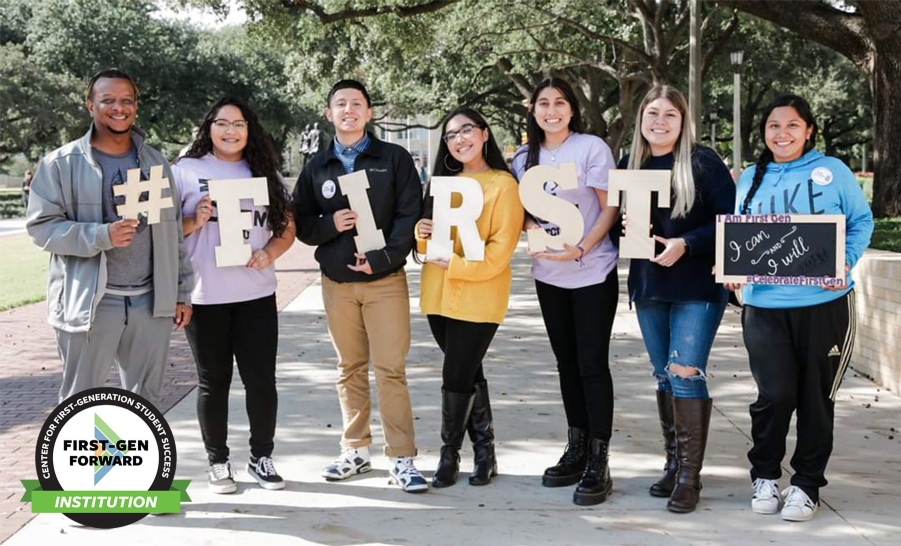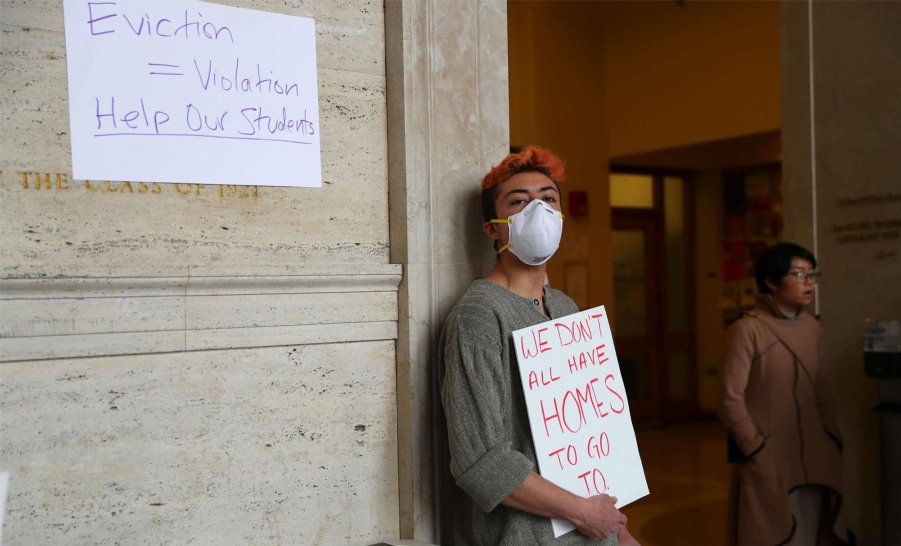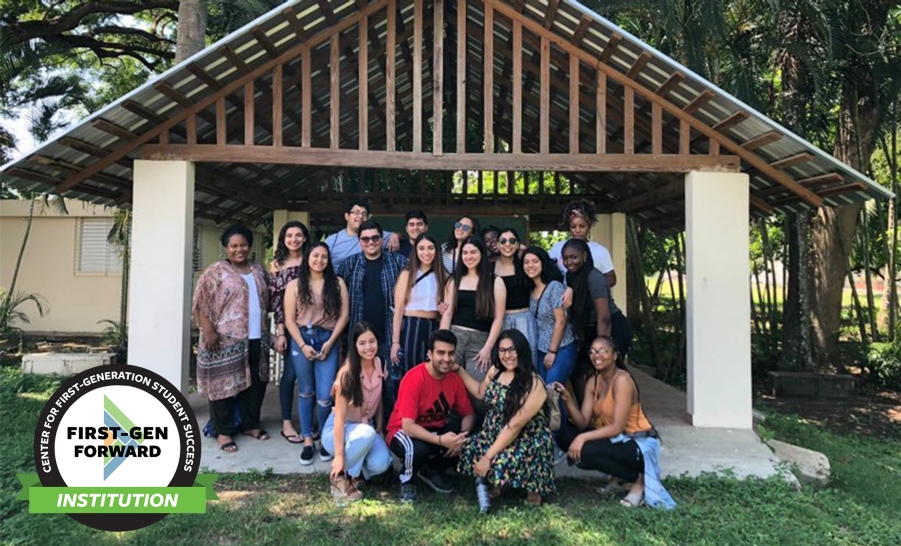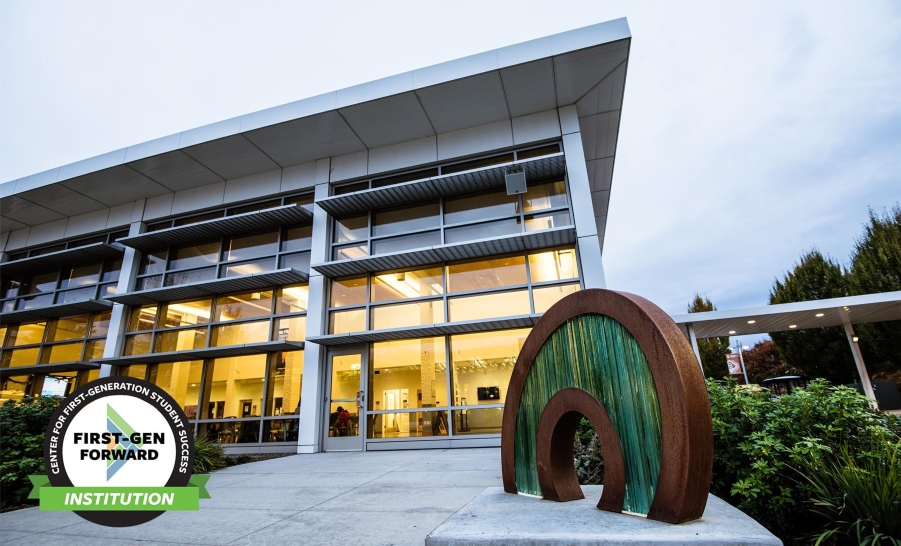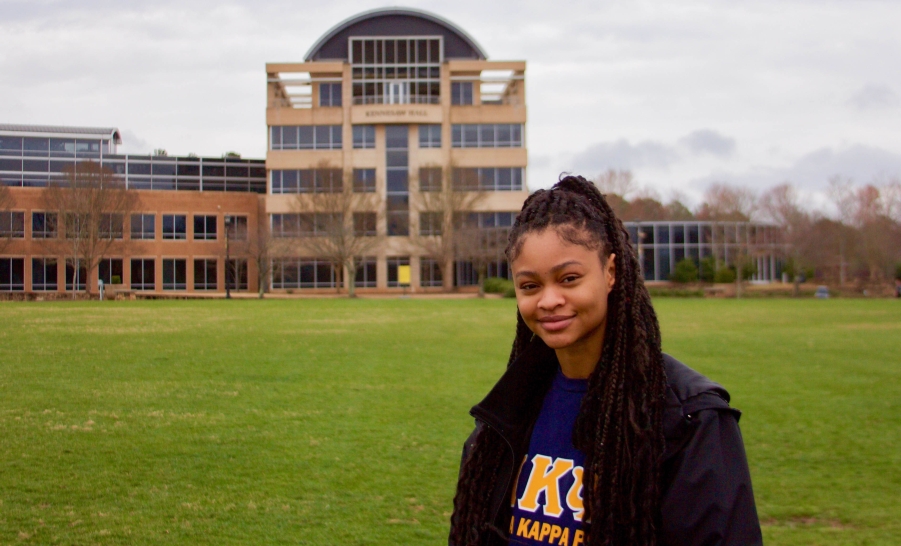Recognizing Valuable Perspectives From Students with Children
Josh Baros, Boise State University / FirstGen Forward / November 04, 2020
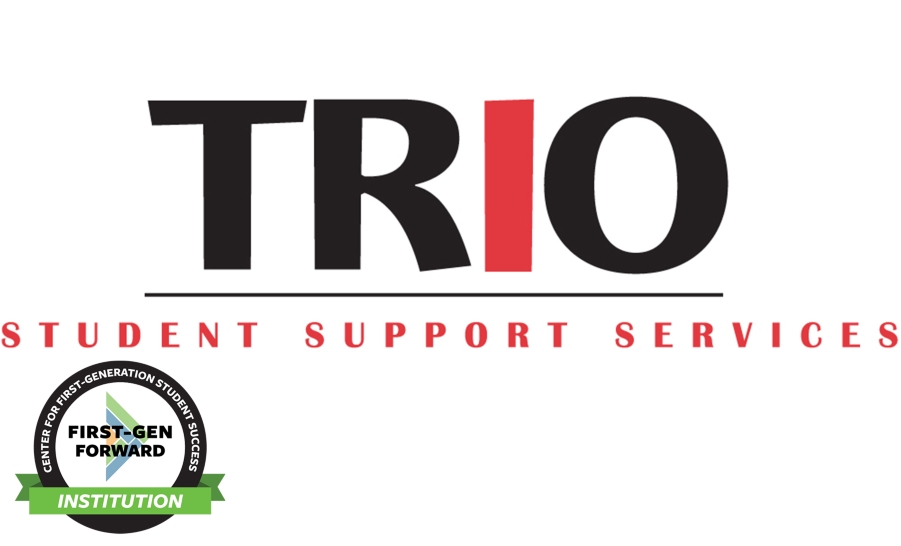
While I won’t admit to a specific year, eons ago as a college student I was enrolled in TRIO. That experience opened up doors, including an opportunity in a position of TRIO peer mentor. During my initial year, our group of six peer mentors were an eclectic mix of personalities, identities, and lived experiences. One of my fellow mentors was a traditionally aged student who was also a parent. My distinct memory of her was as the no-nonsense type. She exuded an intensity and laser focus with her priorities in life that I had seldom seen in someone our age. It was an endearing quality and one of the many reasons why I was grateful to call her my friend. We would talk about life perspectives, and I would come to understand how becoming a parent at a young age brought a clarity and singularity of purpose to her life. Those experiences would also make her an exceptionally good peer mentor: someone who was responsible, organized, selfless, and present-minded. This wide-ranging group of mentors were often a product of the TRIO staff, who would identify students who they thought had qualities that could be groomed well into the role of peer mentors. They would often make those referrals knowing that those varied experiences and perspectives would strengthen us as a group.
Fast-forward years later into my professional stint working in a college admissions office and another example along these lines comes to mind, but for other reasons. Our office was hiring for an admissions counselor at the time; a position that required a commitment to traveling and working evenings and weekends. During a campus open forum for one of these interviews, we had a well-qualified candidate who disclosed to the audience that she was a single parent. One of my colleagues in the audience asked the candidate if being a single parent would prevent her from these commitments. Our affirmative action/equal opportunity coordinator took the appropriate action by abruptly informing the candidate that she did not have to answer that question, but I remember thinking to myself that by simply asking the question did it plant a seed of a deficit-based perception with others in the room? She would go on to get hired, but the connection between both of these contrasting outcomes still resonates with me today.
Being a parent helped me actually find my passion and put me on my degree pathway in elementary education. Watching in amazement how quickly little minds grasp new things and finding joy in their mind growth led me to realize how much I want to teach!
The commonality between both of these stories hit home with me both professionally and personally. As practitioners in student affairs and supporters of first-generation college students, we must often dive deeper into understanding the complexity of the intersecting identities of our students. One those contexts are with post-traditional students and within that group, more specifically, students who enter college as parents or become parents as college students. Although we must caution to think of any group or population as monolithic or myopic, there are some commonalities that I have observed in my service to students with children.
For one, student parents often possess a higher degree of motivation and tangible intention to complete their college degree. As one of our current TRIO students, Robyn Johnson, commented as someone who returned to college as a parent, “As a parent, I set an example for my children. If I give up and quit, I show them that is an acceptable option. If I don’t try my best to do well in school, I again show them that is acceptable. Instead, I persevere so that I may show them that hard work pays off. Along with self-satisfaction, I am driven by making my children proud too.” Another similar characteristic that I have observed with student parents is a more cohesive and informed decision around their career pathway. As another one of our current students, Amber Alexander, explained to this point: “Being a parent helped me actually find my passion and put me on my degree pathway in elementary education. Watching in amazement how quickly little minds grasp new things and finding joy in their mind growth led me to realize how much I want to teach!” I had a friend tell me once that they realized that becoming a parent didn’t inherently change who they were, but it did transform their outlook as a whole on the world around them. These perspectives in the identities of student parents are clearly valuable ones that unfortunately are often underrepresented.
As a parent, I set an example for my children. If I give up and quit, I show them that is an acceptable option. If I don’t try my best to do well in school, I again show them that is acceptable. Instead, I persevere so that I may show them that hard work pays off.
In the pursuit of a more inclusive campus culture, it is important that we examine our own biases as it relates to students with children. While making student referrals and recommendations to desirable campus employment choices or co-curricular opportunities in research and leadership, do we dismiss student parents before any serious consideration by jumping to the automatic conclusion that “They’re probably too busy” or simply “They won’t be interested”? As the aforementioned TRIO student, Amber, stated, “I actually went to college before becoming a parent and then am back now finishing as a parent. The first time around, college was full of fun events, and there were a great deal of support avenues for students. I have found as a student parent there are just as many fun events and support avenues to take advantage of with your kiddos too!” Yes, becoming a parent creates complications in availability and may even limit availability, but that doesn’t mean that student parents wouldn’t be interested or couldn’t find time if it was important to them. Instead, consider whether we are doing enough to provide the conditions that are more inclusive and inviting.
Here are a few solutions that come to mind:
-
Create a culture around organizing events and student organizations that are more family-centered or welcoming to families. Bring your own family to these functions so that students can also see who you are in your own personal life.
-
If your campus doesn’t have a childcare center that can provide accessible and affordable daycare, utilize your networks to petition for one through the appropriate channels. Do research on counterpoints to the arguments against developing a childcare center. If your school has teacher education programs, could they advocate and partner for program collaboration? Institutions and TRIO programs can write for the often under-touted Child Card Access Means Parents in School (CCAMPIS) grant that can support funding.
-
Advocate for faculty to be flexible under certain circumstances to occasionally allow students with children to bring their child with them to class or in spaces adjacent to classrooms.
-
Throughout the pandemic, we have been forced to become more fluent and comfortable with interfacing through virtual platforms. Consider extending that same flexibility in the post-pandemic era by creating virtual access to leadership council meetings for those who cannot always attend in-person.
In conclusion, it is also worth considering that during our current social and political climate, it can be difficult to find leaders, including campus student leaders, who are willing to demonstrate patience, empathy, compromise, and selflessness. That sounds a lot like the daily on the job training of a parent or, even more generally, any student who is a caregiver. I may have fallen out of touch with my fellow peer mentor from many years ago, but I do know that she is a leader in the field of higher education, and it would be a disservice to miss out on the nexus of future leaders like her.
For more information on Boise State University's approach, please visit their website here.
